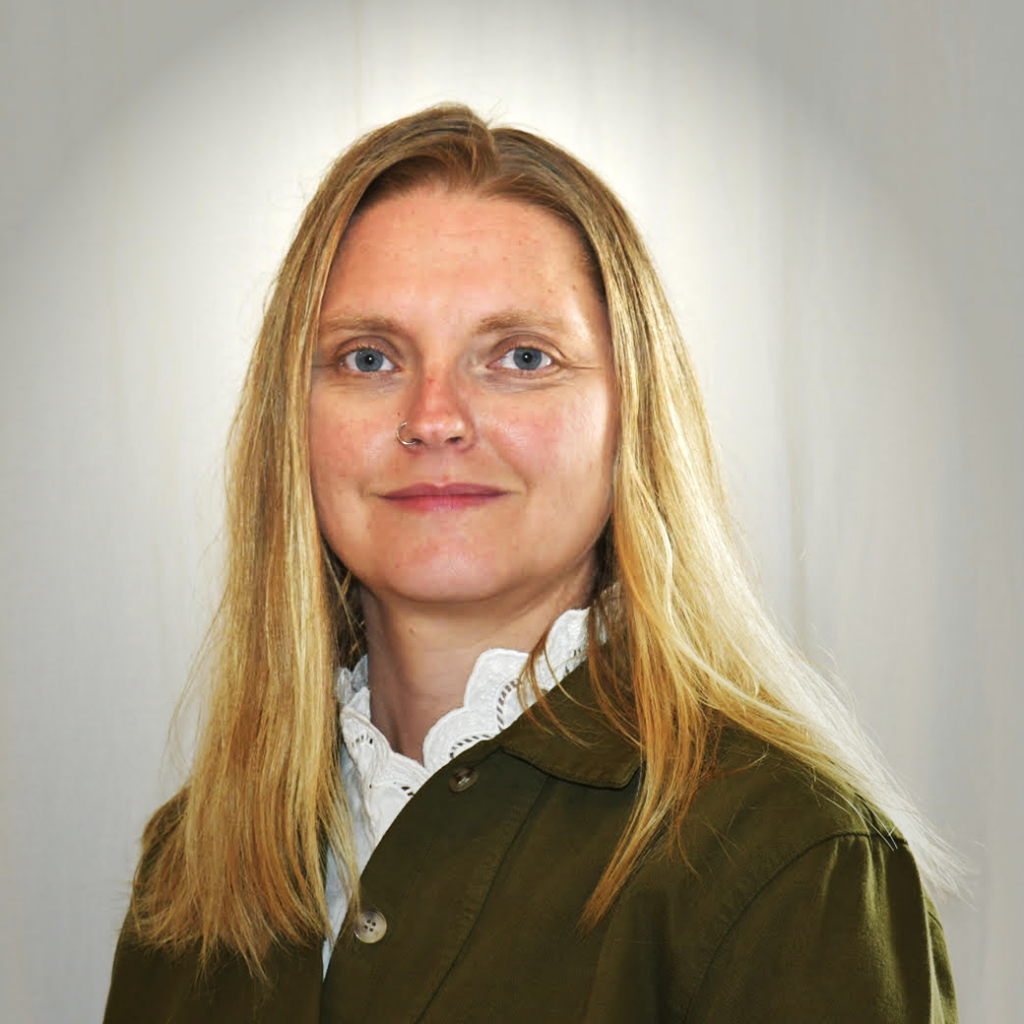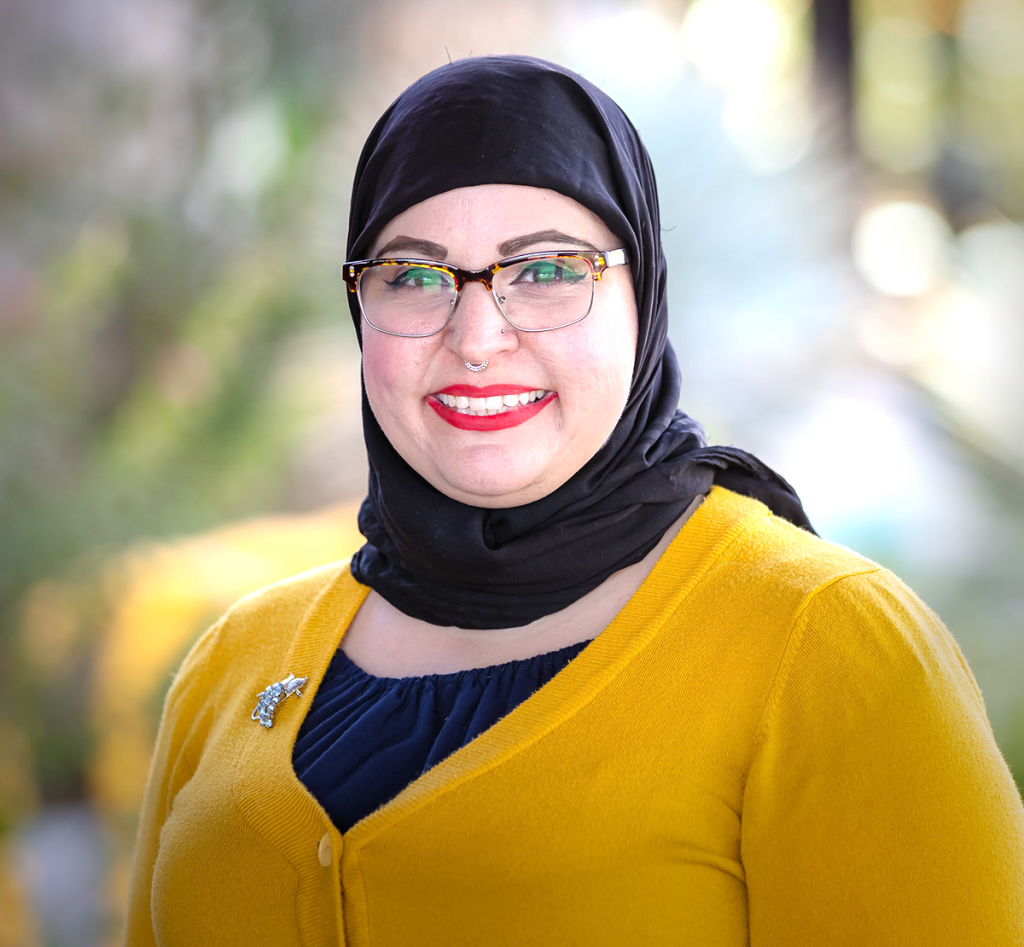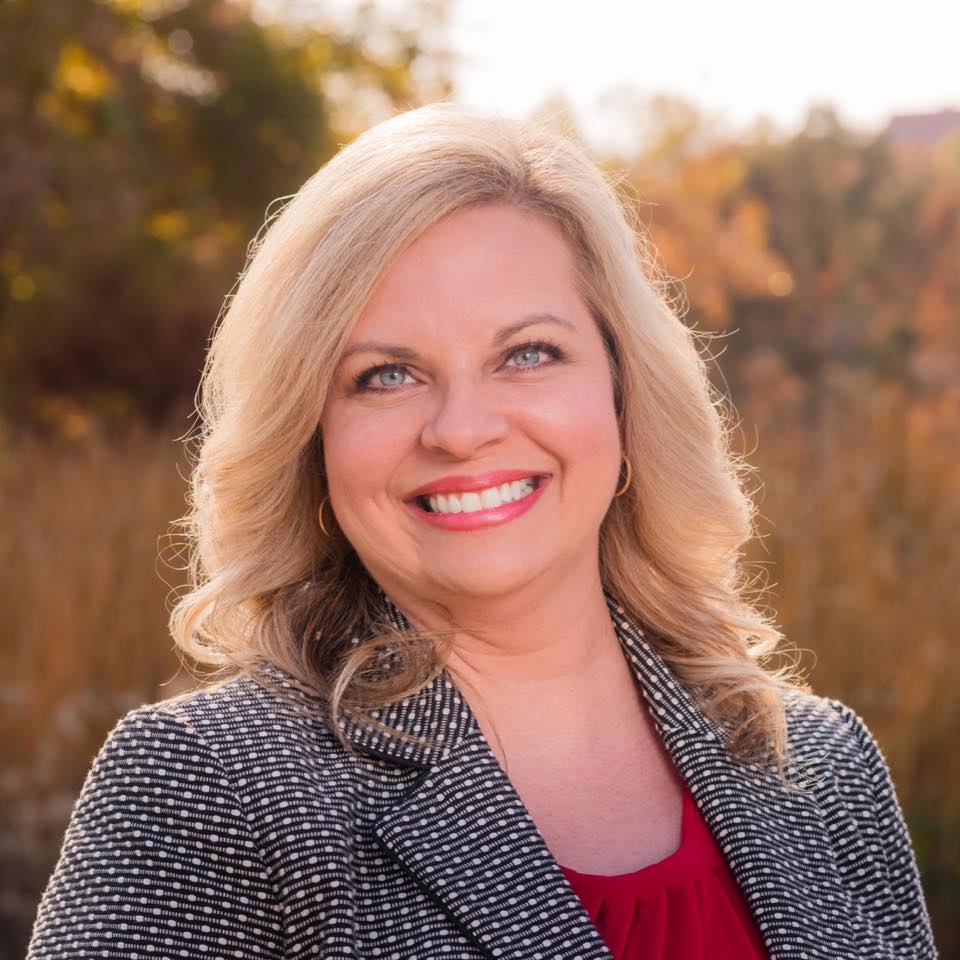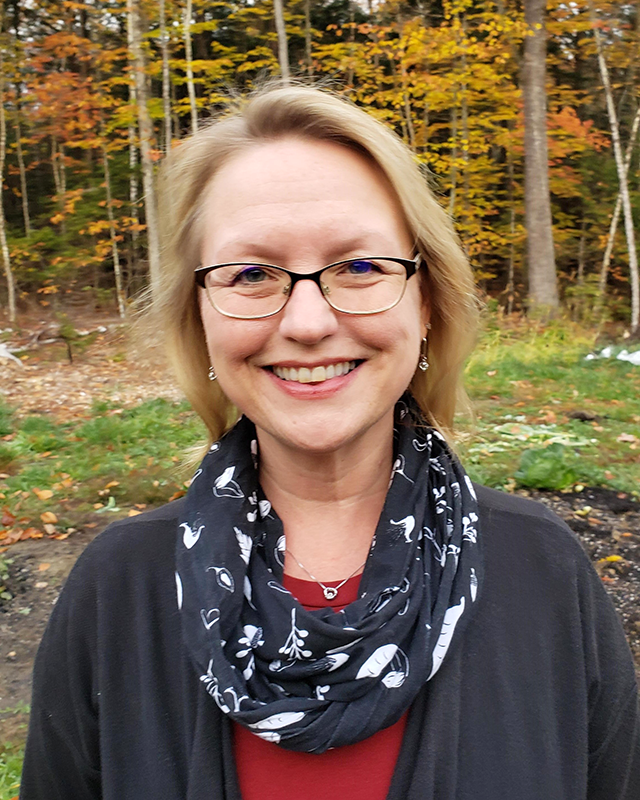Alabama’s Support for Dual Language Learners
Dr. Barbara Cooper is Secretary of Alabama Department of Early Childhood Education
ED: How did you begin your career in early childhood?
I was called to serve as an educator over 30 years ago and have worked across the entire birth to workforce continuum. On July 1, 2020 I was appointed Secretary of the Alabama Department of Early Childhood Education (ADECE) by Alabama Governor Kay Ivey. Previously, I served as the ADECE Director of the office of school readiness where I administered the nationally recognized high-quality Alabama First Class Pre-K program, which has been recognized by the National Institute for Early Education Research as the highest quality state-funded pre-kindergarten program in the country for 14 consecutive years.










